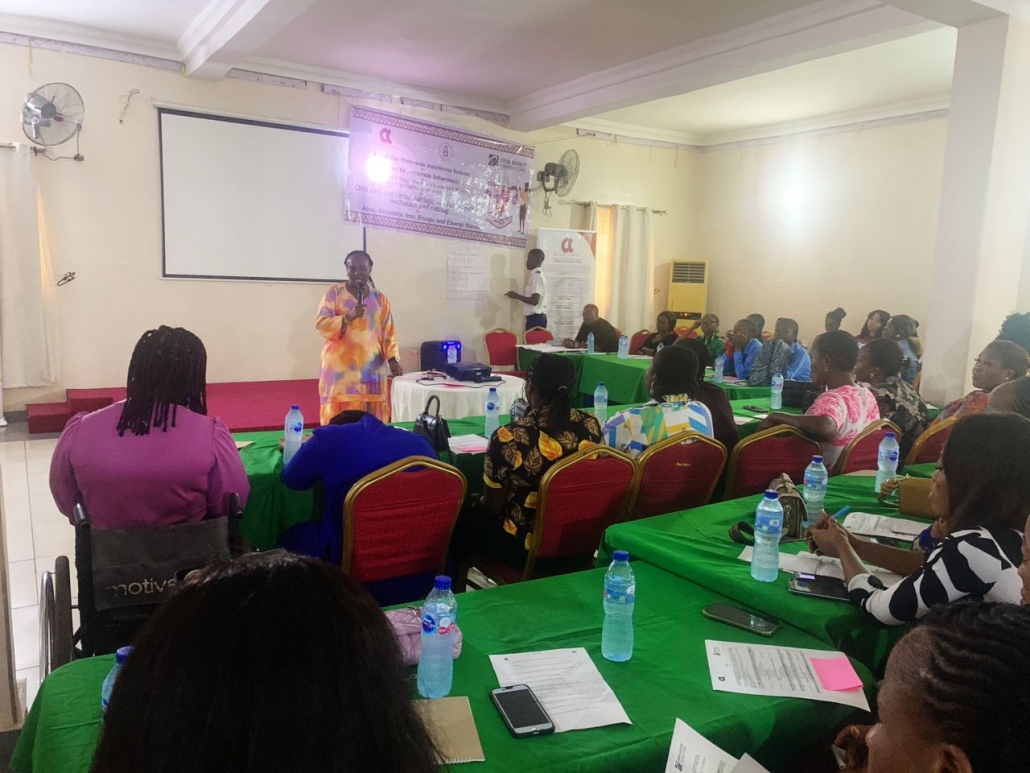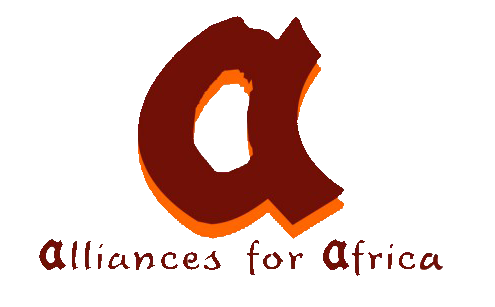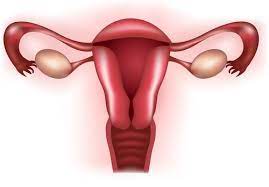Enhancing Sexual and Reproductive Health Awareness: A One-Day Awareness Session by Alliances for Africa
/0 Comments/in News and Events/by Rejoice
Advancing Sexual and Reproductive Health and Rights in South-East Nigeria
In our Open Society Foundation Project, we conducted a comprehensive one-day Awareness Session on Access to Accurate Information on Sexual and Reproductive Health and Rights (SRHR) for Women and Girls. This initiative aimed to emphasize the connection between SRHR, Child Early Marriage, and Female Genital Mutilation across the five Eastern States: Imo, Abia, Anambra, Enugu, and Ebonyi States. Our mission was to address the alarming knowledge gap on sexual and reproductive health and rights among women and girls in the region, with a focus on raising awareness and providing access to safe medical abortion services.
Introduction:
Access to Sexual and Reproductive Health and Rights (SRHR) has long been a significant challenge in the South Eastern region, contributing to an increase in violence against women and girls. As part of our Open Society Foundation Project, we sought to bridge this gap by organizing an Awareness Session on SRHR, highlighting its link to Child Early Marriage and Female Genital Mutilation. The ultimate goal of this project was to reduce morbidity and mortality resulting from unsafe abortion for young women and girls in South-East Nigeria.
Survey Findings:
A recent survey conducted by Alliances for Africa in June 2023 across the five South Eastern states revealed alarming statistics regarding access to accurate information and services related to SRHR. The data illustrated that a staggering 63.4% of female respondents lacked accurate knowledge and access to SRHR. Similarly, only 14% of respondents, both male and female, possessed accurate information and access to SRHR. Disturbingly, the study also uncovered prevalent risky sexual behaviors within these communities. Notably, 64.9% of respondents reported engaging in unprotected sexual behaviors, including virginal and anal sex. The data revealed high instances of unprotected sexual behavior with multiple partners, accounting for 76.9%, underscoring the urgent need for targeted interventions.
Engagement Overview:
Through this targeted engagement, we were able to reach and directly impact a total of 341 individuals, comprising 335 females and 6 males. Furthermore, our message reached an additional 1705 indirect beneficiaries, including 1675 females and 30 males. The magnitude of this reach signifies the pressing demand for accurate information and services surrounding SRHR in the South Eastern region.
Session Highlights:
The one-day Awareness Session involved a series of comprehensive discussions and activities. Participants were engaged in informative sessions that covered critical aspects of SRHR, myths, and facts surrounding safe and unsafe abortions, and the interconnections with child early marriage and female genital mutilation. Group work sessions provided a platform for interactive discussions and the sharing of knowledge.
Participant Questions and Comments:
During the sessions, participants expressed numerous inquiries and comments, showcasing their engagement and thirst for knowledge.
Questions:
What is orgasm?
Is it appropriate for a girl who is around 19/20 years old to be on family planning?
What exactly is a safe medical abortion, and is it the right choice?
Is it safe for a pregnant woman to engage in sexual activity?
I heard family planning is not advisable, but now I’m learning it is; can you explain this further?
Participant Comments:
“I learned that we should use the correct terms for body parts and not rely on euphemisms.”
“I realized that as a woman, I have the right to decide on the number of children I’m fit to have.”
“Early child marriage is dangerous and comes with a lot of complications; it’s crucial to educate our communities about this.”
“This session has been an eye-opener; I now understand the importance of accurate knowledge on SRHR and the risks of misinformation.”
“I appreciate the opportunity to learn about safe medical abortion and the role it plays in ensuring a woman’s reproductive health.”
Myths of Safe Abortion:
Myth: Safe abortion causes infertility.
Myth: Safe abortion increases the risk of breast cancer.
Myth: The church condemns safe abortion.
Myth: Only selfish people opt for safe abortion.
Myth: Abortion means killing a baby.
Myths of Unsafe Abortion:
Myth: Restrictive laws and unsafe abortion are unrelated.
Myth: Unsafe abortion is a solution when faced with an unwanted pregnancy.
Myth: Unsafe abortion is a safe and quick procedure.
Myth: Unsafe abortion does not have long-term health consequences.
Myth: Unsafe abortion can be safely performed by anyone without medical training.
Conclusion:
The outcomes of this initiative are promising, emphasizing the urgent need for continued efforts to enhance awareness, education, and access to SRHR services. The glaring statistics from the survey underscore the imperative to combat misinformation and risky sexual behaviors through community sensitization and educational programs. Our commitment to reducing morbidity and death resulting from unsafe abortions remains steadfast, and we anticipate sustained progress in promoting a healthier, more informed society.





Leave a Reply
Want to join the discussion?Feel free to contribute!